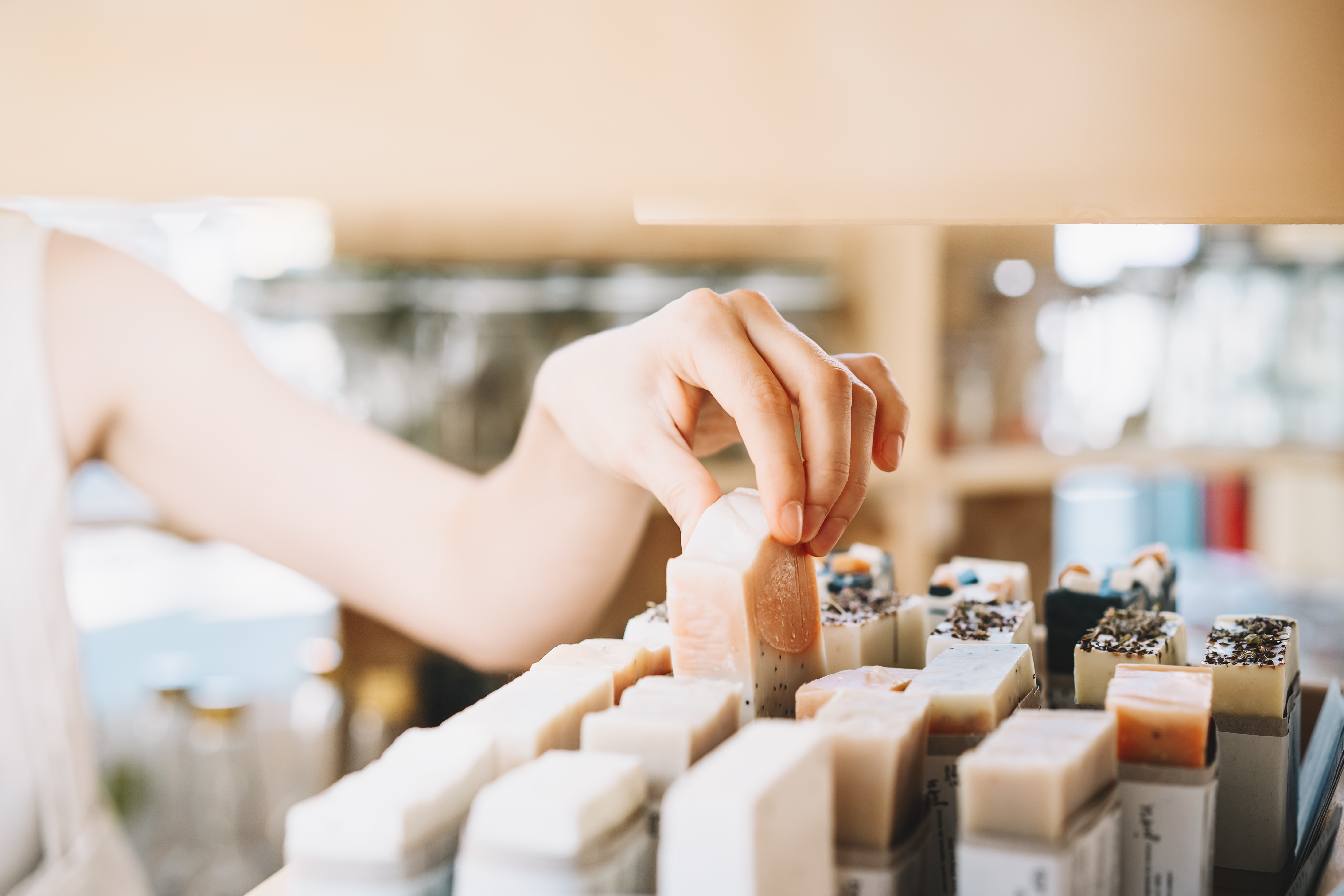Dive Brief:
- More than half (55%) of global consumers are more likely to purchase a packaged food item that is labeled with a sustainability claim, according to new findings by Cargill of 6,000 surveyed consumers in 11 countries. This is up four points from the company’s last survey in 2019.
- Among the 550 U.S. survey participants, 37% said that a sustainability claim would influence what they buy, marking a six-point increase from 2019. Most look for “sustainably sourced” (63%) and “responsibly produced” (57%) claims, Cargill told sister site Food Dive. This is ahead of claims such as “conservation of natural resources” (49%), “fair trade” (46%) and “reduced packaging” (39%).
- As consumers continue to demand more accountability from food companies, grocers and CPGs are increasingly signaling their sustainable practices on product labels.
Dive Insight:
Around the world, consumers’ awareness and interest in the sustainability of their food is rising, and it is becoming more of a factor in their purchases, the Cargill survey reveals.
In response, food manufacturers have attempted to highlight the sustainability credentials of their products and sourcing of ingredients like palm oil and cocoa, which have been associated with deforestation and child labor. For grocers, Cargill’s findings give more guidance on which sustainability claims consumers are seeking on labels.
In recent years, grocers have been stumped by the clean label trend and how they can leverage it. The Food Industry Association has recommended retailers turn to clean labels as a competitive strategy and lean into sustainability as a “value” for their private label brands.
Several retailers, like Albertsons and SpartanNash, have turned to clean ingredients and sustainable products for their private label lines. In 2019, Target unveiled its “Clean” icon, which is in stores and online, to identify products “formulated without specific chemicals which vary based on the product category.”
With consumer demand continuing for sustainable packaging, retailers, like Kroger, have looked to bolster and promote efforts to use more environmentally friendly product packaging.
As grocers explore sustainability claims, they need to be mindful of potential legal issues that can arise from broad and unqualified claims, like “eco-friendly” and “clean,” said Stephanie Sheridan, head of Steptoe & Johnson LLP’s Retail & E-Commerce Practice Group and managing partner of the firm’s San Francisco office. Grocers need to have appropriate evidence to support their sustainability claims and be careful not to misrepresent how they apply to products or packaging, Sheridan recently told Grocery Dive.
For products with green logos, grocers and brands can consider adding online definitions or directing shoppers to third-party certifications that back up claims and provide more information. For example, Walmart, as it expands its sustainable and healthy product offerings, has added icons on its website and app that help shoppers find products that have met independent standards like EWG Verified, Energy Star Certified or Rainforest Alliance Certified.
This article was written by Catherine Douglas Moran and Chris Casey from Grocery Dive and was legally licensed through the Industry Dive Content Marketplace. Please direct all licensing questions to legal@industrydive.com.






